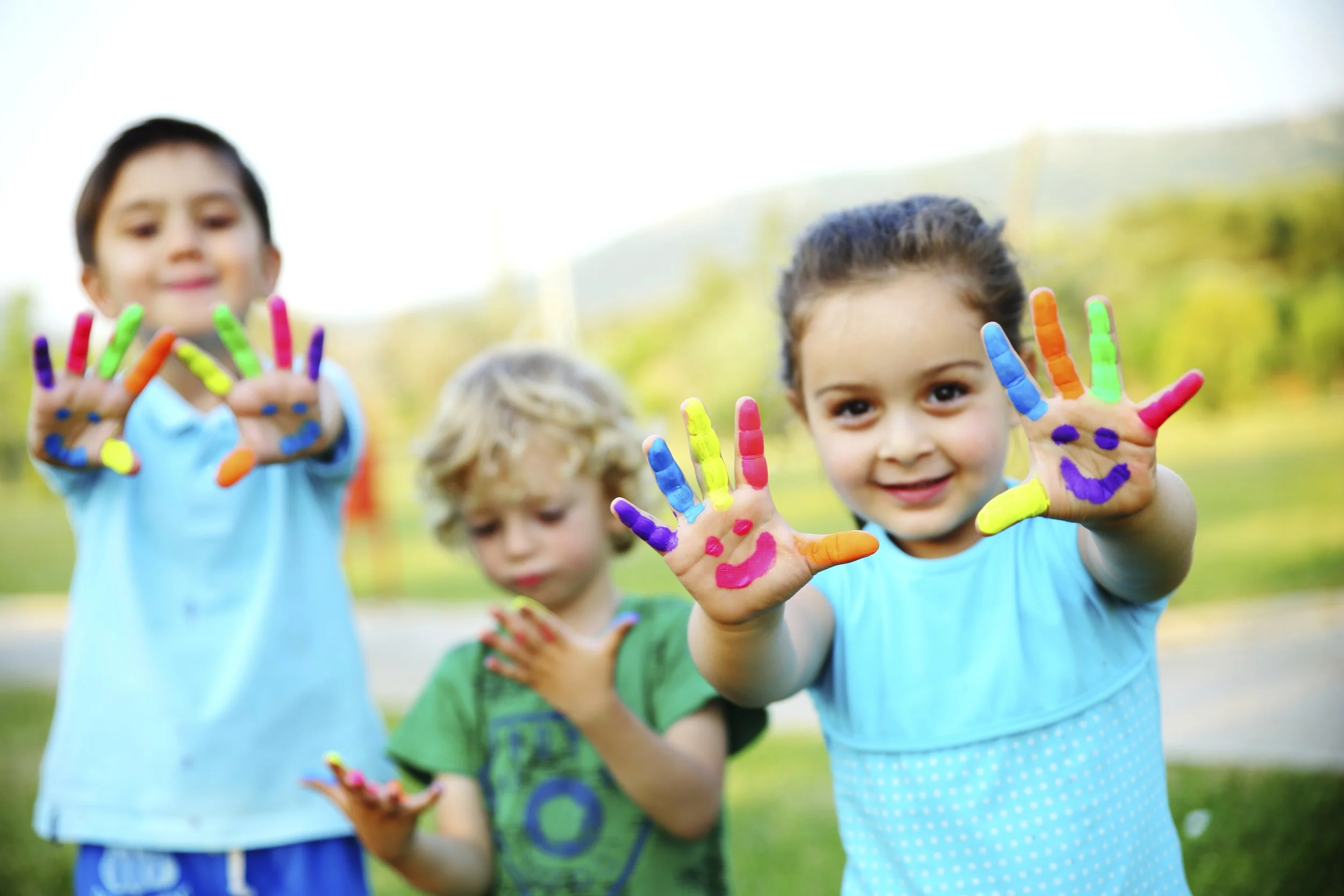Children's hearing milestones
An undiagnosed hearing problem in a child can slow the development of speech, language, social and learning skills. If you have any concerns regarding your child’s hearing ability, it is very important to take action immediately – please contact Mackay Hearing, a specialist in children’s hearing assessments.
Signs of hearing loss in children
Symptoms of hearing loss in children may include, but are not limited to:
your child’s speech is not developing as expected
your child has had several ear infections
you are concerned your child is not responding properly and often asks for repeats
your child has other developmental delays
your child has had bacterial meningitis or other serious illness
your child was born with an abnormality anywhere on the head or neck, such as a cleft palate, ear tags or pits
there is a family history of hearing loss
your child was born with a low birth weight or there were other complications at birth
Speech and language development
Learning to speak and use language is a crucial part of a child’s development. The most critical period of speech and language development is in the first 3 to 5 years. Hearing is essential for speech and language development, and speech and language development is essential for learning to read and write (literacy).
Hearing or auditory processing problems caused by chronic ear infections…..The earlier that hearing loss or auditory processing disorder is detected and addressed, the better the opportunity the child has to develop age appropriately and reach their full learning potential.
Children with literacy difficulties may have problems with academic performance, peer relationships and self-esteem. Children unable to read or write at adequate levels are at risk for limited employment opportunities or unemployment. Literacy difficulties have a significant impact on a person’s life.
Research shows that getting help for literacy problems early can prevent those problems becoming more severe. If a child shows signs of hearing loss or delayed speech and language development before they reach school age, addressing these issues before school starts may reduce, minimise or avoid potential literacy problems.
If you would like further information or wish to make an appointment, please contact our friendly local staff directly on (07) 4952 4649, email us at listening@mackayhearing.com.au, or leave us a message on our website.
Developmental Milestones List
Although children vary in their development of speech, language and hearing, certain milestones can be used as guidance for normal development.
Typically basic skills must be accomplished at certain ages before more complex skills can be learned. For example, babies who do not babble and children who do not progress through the stage of ‘playing with sounds’ are at risk of speech difficulties later.
-
reacts to loud sounds with a startle reflex
calms down or smiles when spoken to
recognises your voice and calms down if crying
turns head to you when you speak
when feeding, starts or stops sucking in response to sound
coos and makes pleasure sounds
has different ways of crying for different needs
-
looks or turns towards a new sound
responds to changes in the tone of your voice
enjoys toys that make sounds, e.g. rattles
babbles and begins to repeat sounds such as “ooh”, “aah” and “ba-ba”. Especially sounds that begin with p, b, d or m.
laughs
babbles when excited or unhappy
makes gurgling sounds when playing with you, e.g. blowing raspberries
-
recognises and responds to own name, telephone ringing and other familiar voices
enjoys playing peek-a-boo and pat-a-cake
understands words for common items such as “cup”, “drink”, “bye-bye”
understands and responds to simple requests “come here”
babbles using groups of sounds such as “tatt”, “upup” and “bibibi”
imitates different speech sounds
looks at things or pictures when someone talks about them
communicates using gestures such as waving or holding up arms
has one or two words by first birthday (e.g. “dog”, “dada”, “mama”, “no”, “bye-bye”)
simplifies certain words (e.g. biscuit becomes “bi”)
-
points to pictures when asked
points to or looks at familiar objects or people when asked to do so
enjoys simple songs, rhymes and being read to
understands a few body parts and can point to them when asked
understands 10-20 words
may use a few single words meaningfully
-
understands simple yes/no questions (e.g. “are you hungry?”)
understands and follows simple phrases/commands (e.g. “on the table”, “roll the ball”)
uses 1-2 word phrases (e.g. “more milk”, “bye-bye daddy”)
asks 1-2 word questions (e.g. “where’s mummy?”)
uses lots of different constant sounds at the beginning of words
acquires new words on a regular basis
-
understands “not now” and “no more”
chooses things by size (e.g. big or little)
follows 2 step commands (e.g. “get your shoes and come here”)
understands several action words (e.g. run or jump)
has a word for almost everything
uses 2-3 word phrases to communicate
uses speech that can be understood by family members and friends
names objects to ask for them
uses k, g, f, t, d and n sounds
-
uses sentences with 4 or more words
speaks easily without having to repeat syllables or words
hears you when you call from another room
hears the television or radio at the same loudness level as other family members
answers simple who, what, where and why questions
talks about activities at day care, play dates or other family/friend’s homes
-
hears and understands most of what is said at home
pays attention to a short story and answers simple questions about it
uses adult grammar
names some letters and numbers
uses rhyming words
communicates easily with other children and adults outside the family
uses detailed sentences and tells stories that stay on topic
says most sounds correctly except for a few (l, s, r, v, z, ch, sh and th)
If you would like further information or wish to make an appointment, please contact our friendly local staff directly on (07) 4952 4649, email us at listening@mackayhearing.com.au, or leave us a message on our website.



